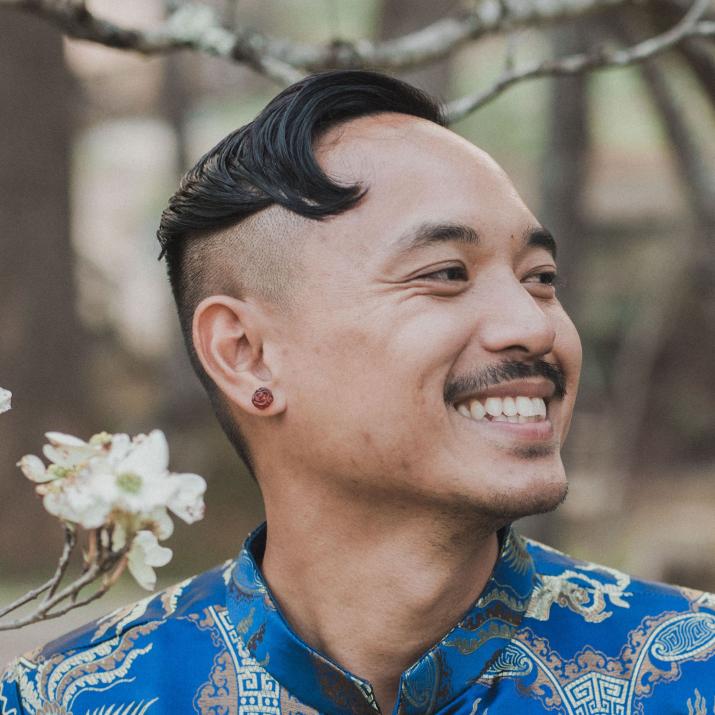Hy V. Huynh
Assistant Professor of the Practice, Global Health & Public Policy
Duke Hart Leadership Program
Asian American & Diaspora Studies Program
Duke Sexual and Gender Minority Wellness Program
Center for Health Policy & Inequalities Research
Duke Center for Global Mental Health
Duke Global Health Institute
Appointment:
Topics:
Countries:
Hy V. Huynh
Assistant Professor of the Practice, Global Health & Public Policy
Duke Hart Leadership Program
Asian American & Diaspora Studies Program
Duke Sexual and Gender Minority Wellness Program
Center for Health Policy & Inequalities Research
Duke Center for Global Mental Health
Duke Global Health Institute
Dr. Hy V. Huynh (they/them) is a values-driven and equity-centered community psychologist and global mental health researcher and practitioner, with a strong focus on child protection and inclusion and child and adolescent mental health in a global context. Dr. Huynh's appointment at CHPIR/DGHI is uniquely interdisciplinary and integrates his extensive local and global community development practitioner experience, research training in community psychology, and expertise in ethical visual storytelling and communications. As a community psychologist, they are someone who tries to embody and advocate for community mental health and community care in research, policy, and practice, in support of marginalized communities faced with the greatest mental health inequities.
Much of Dr. Huynh's research interests move beyond an individual focus to integrate more community- and systems-level influences to inform intervention strategies and policy change that promote mental health and well-being, particularly for marginalized youth and young adult populations such as orphaned and separated children, immigrant/refugee/diaspora youth, youth of color, and LGBTQ youth and young adults in low- and middle- resource contexts. Their work as a community psychologist practitioner both deeply informs their research and vice versa, which currently takes shape in the form of facilitating mental health therapy groups and mindfulness trainings, creating and adapting mental health interventions to be more culturally salient for minoritized and marginalized communities, as well as consultancy, advising, and teaching courses at Duke University.
Their key qualifications and skills include:
- 16 years of domestic and international development experience in Southeast Asia, Sub-Saharan Africa, Central America, and the Southern United States, embracing innovative and collaborative strategies to address social issues concerning marginalized youth and families.
- 12 years of program and project management with knowledge and experience in assessment, strategic planning, technical and asset-based capacity building, monitoring & evaluation, and results-based management on programs and projects concerning marginalized youth.
- 12 years of quantitative and qualitative social science research experience on topics ranging from orphaned and vulnerable children’s well-being, mental health of sexual and gender minorities, child and adolescent bullying and peer victimization prevention, adolescent dating violence, to adolescent substance-use risk reduction.
- Advanced academic background in community and global development with a doctoral degree in International Family & Community Studies and a bachelor’s degree in Cultural Anthropology.
- Extensive global immersion and cross-cultural competency with 4 years of living and working abroad in low- and middle-resource contexts as well as personal and professional visits to 28 countries across 5 continents.
- Relationship-building skills, tying local, global, public, and private sectors together and acting as a bridge-builder for existing stakeholders through effective dialogue, negotiation, and communication.
- Diverse communication skills, including proficiency in written communication for academic, professional, and general audiences, as well as visual communications such as photography, social media, infographic design, and website design.
- Teaching, advising, and guest lecture experience for courses such as SGM Health Seminar (GLHLTH 364S) and Global Health Ethics (GLHLTH 210), as well as leadership programs such as the Hart Fellows Program.

